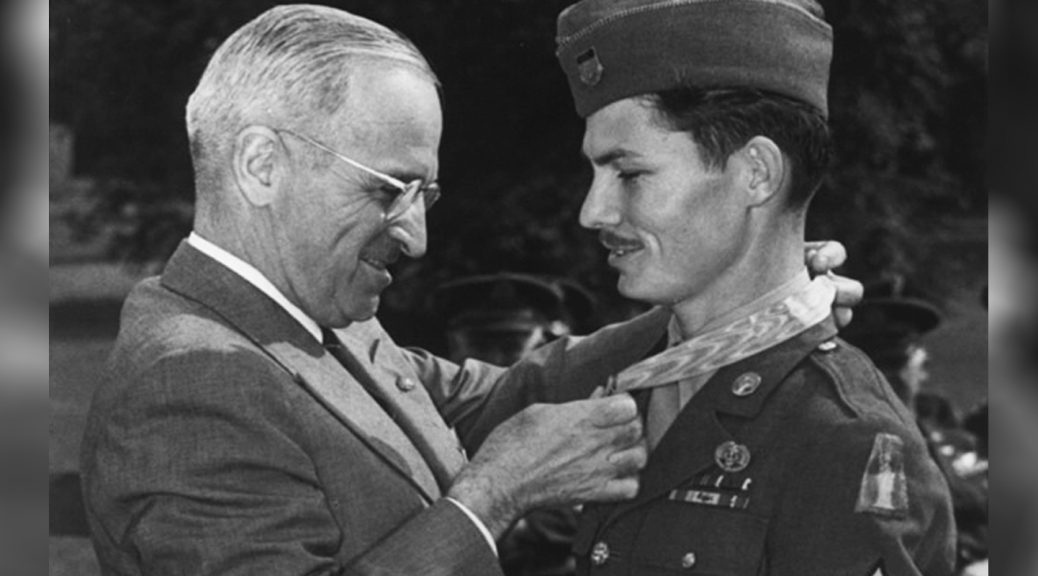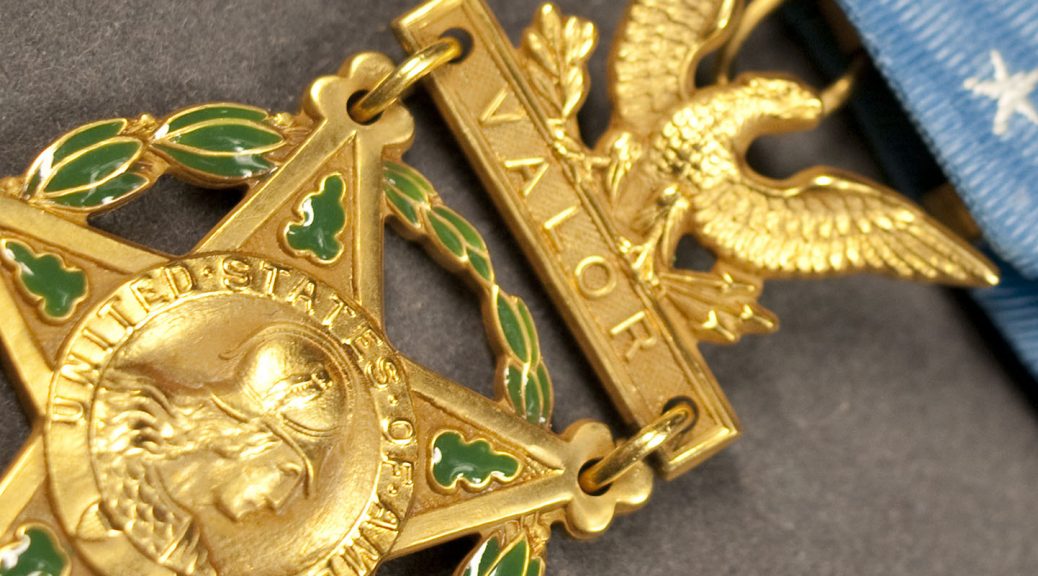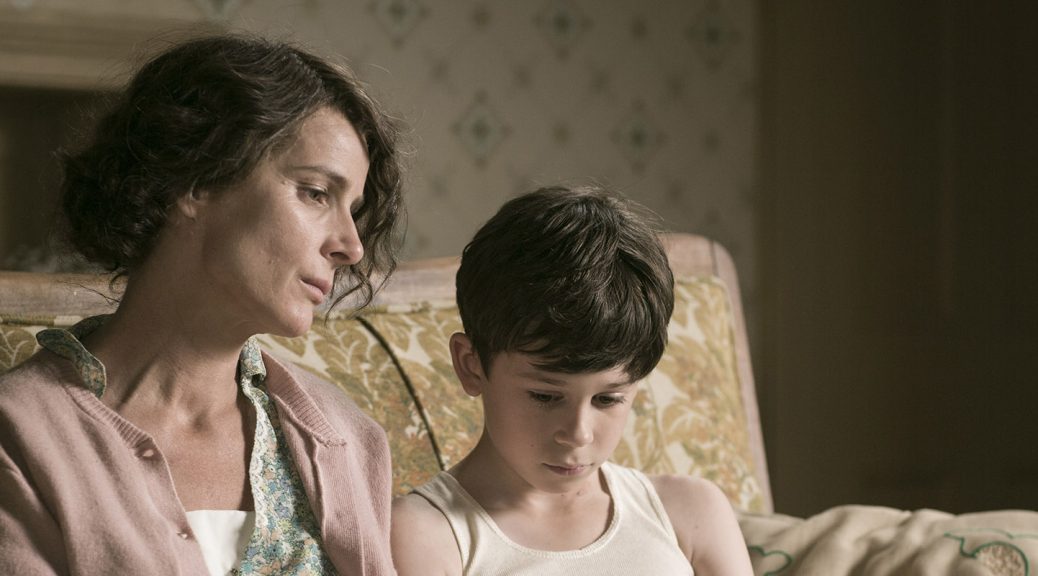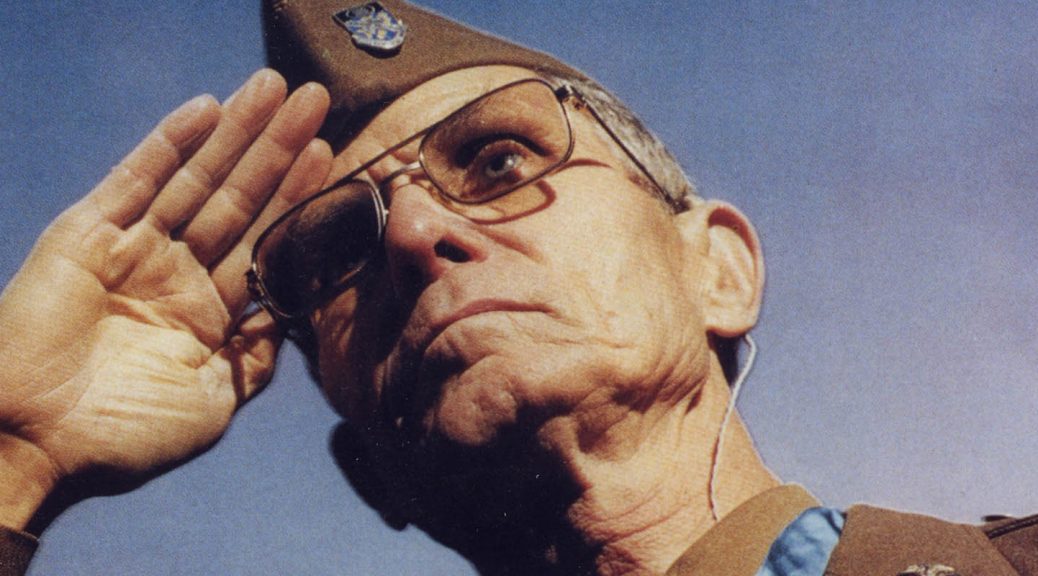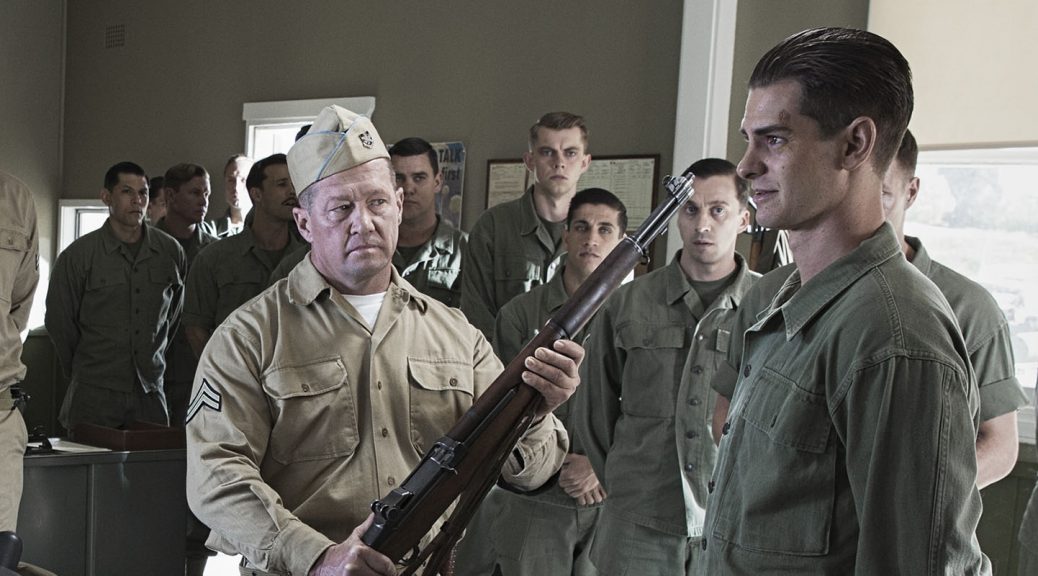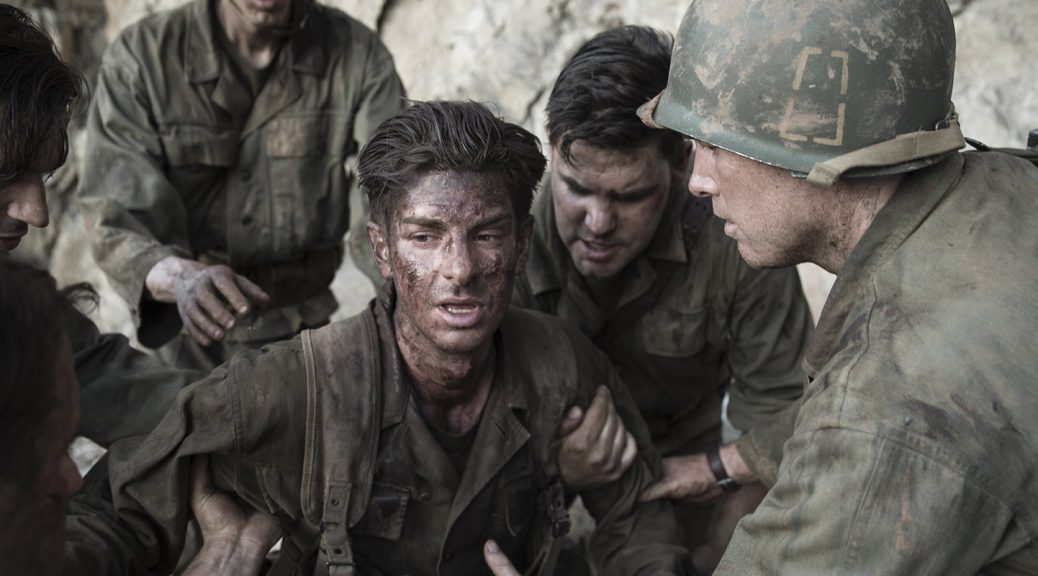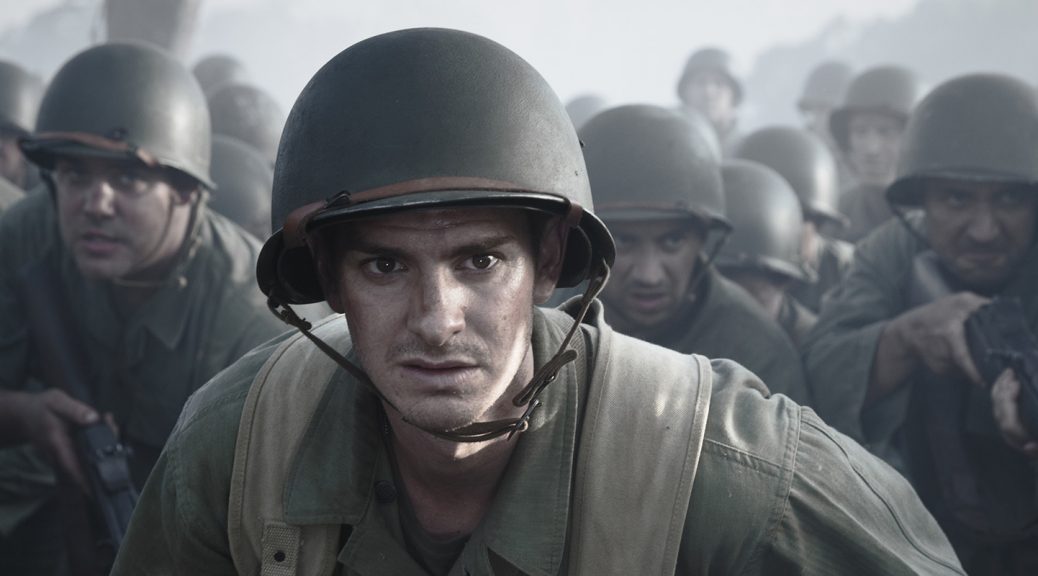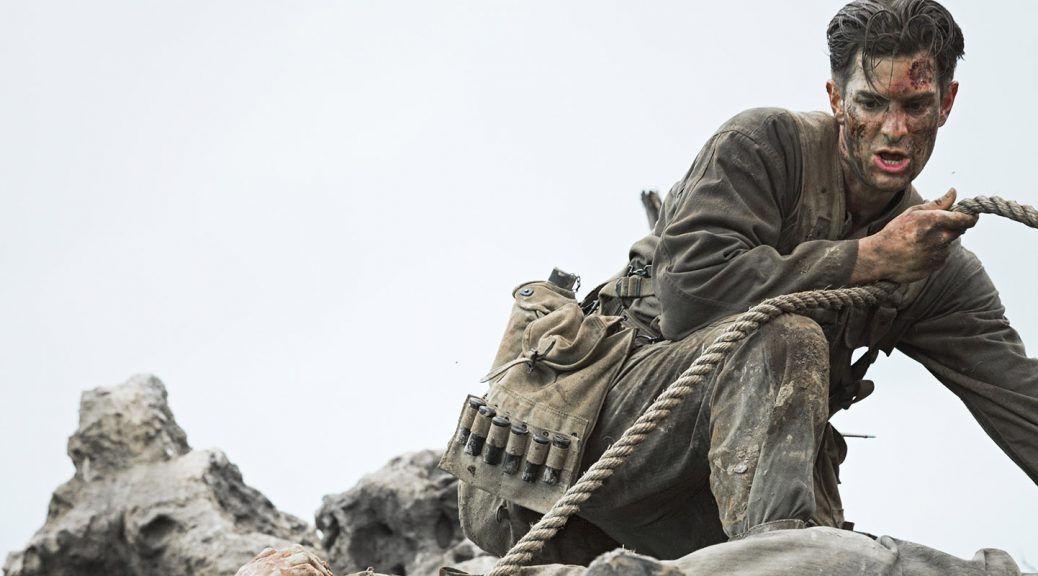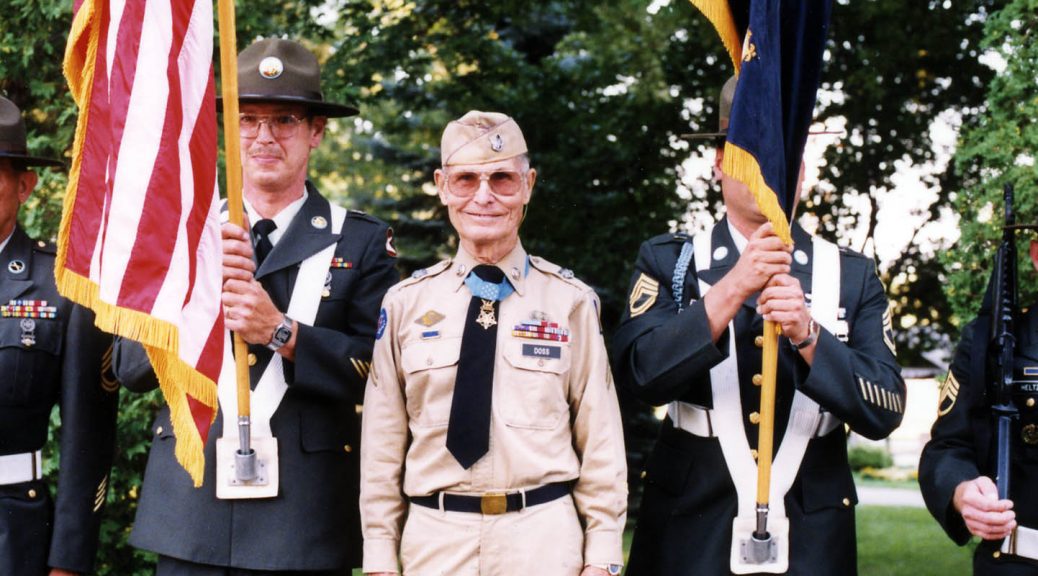
You can’t help but be inspired, moved and challenged as you read Hero of Hacksaw Ridge.
By Adele Nash.
Order your free copy of the book reviewed in this article – The Hero of Hacksaw Ridge.
The opening of Hacksaw Ridge tells us that this film is a true story. And this may arouse some cynicism in people. Some may wonder how much of the story that Hacksaw Ridge tells really is true, and question just how the faith and belief of one man could make such a difference in the world around him.
But the story of Private Desmond Doss is true — and it’s even more remarkable for being so. If you want to find out more about the life of Desmond Doss, Hero of Hacksaw Ridge is a great place to start. Hero of Hacksaw Ridge is an abridged version of historian Booton Herndon’s book The Unlikeliest Hero, which is an authorised biography. It shows you much more about the life of Doss than the film does, including many of his heroic acts in saving men injured in battles prior to the assault on Hacksaw Ridge.
Hero of Hacksaw Ridge provides some historical detail that gives greater context to the situation Doss finds himself in. This detail aids in further understudying the conditions surrounding being a conscientious objector, including how the Congress of the United States specifically wrote provisions for conscientious objectors to be assigned to medical departments into their military draft law following WWI. Information is also given about Army medical training and exercises.
It’s no dry text though — it’s a book you don’t want to put down as you read more about Doss’s life, including childhood experiences, all of which show he was always a caring, giving individual who was deeply concerned with the welfare of others. This carried over into his military training days, where he was actually treated harshly because he was so different and resented for not participating in rifle training. His unpopularity grew over his insistence on keeping the Sabbath, the Seventh-day Adventist Church’s day of worship. There were even threats to kill him in combat. And yet he kept helping, assisting and caring. Over time, this earned him not only respect, but undying loyalty.
There’s a conscientiousness about Doss that extends far beyond being a conscientious objector — he was dedicated to everything he put his hand to, didn’t back down on his convictions and was courageous. This courage is on display when it comes to the chapters about his service as an Army medic. Hacksaw Ridge is not the only place here he saved the lives of many men, putting his own life at risk to do so. The first place he sees action is in Guam, where he goes out on patrols even though he doesn’t have to. When questioned why he makes so much of an effort, Doss says, “I know these men; they’re my buddies. They have families, some have wives and children. If they’re hurt, I want to be there to take care of them.”
The chapters on the assault on Hacksaw Ridge, the work Doss did in rescuing so many injured men and his own injuries are excellent and moving, scattered with a mixture of hope and tragedy. Doss is more than deserving of the honours he received for bravery. The full text of the Congressional Medal of Honor citation is included in Hero of Hacksaw Ridge. The Congressional Medal of Honor wasn’t the only award Doss received for his heroic acts — he also received a Bronze Star for valour, the Purple Heart with two Oak Leaves and a number of other medals.
In addition to the biography of Desmond Doss, a 32-page exploration of the Seventh-day Adventist faith has been included in the book as a post-script. This is a worthwhile read if you want to find out more about the beliefs that motivated Doss.
You can’t help but be inspired as you read Hero of Hacksaw Ridge. In reading this biography of a man who was never satisfied with doing the bare minimum for others, but entirely satisfied with living a modest life for himself, I was moved and challenged. What am I doing to make the world around me a better place? What can I do to help those around me? How are the principles I live by making a difference?
Image courtesy of Desmond Doss Council.
